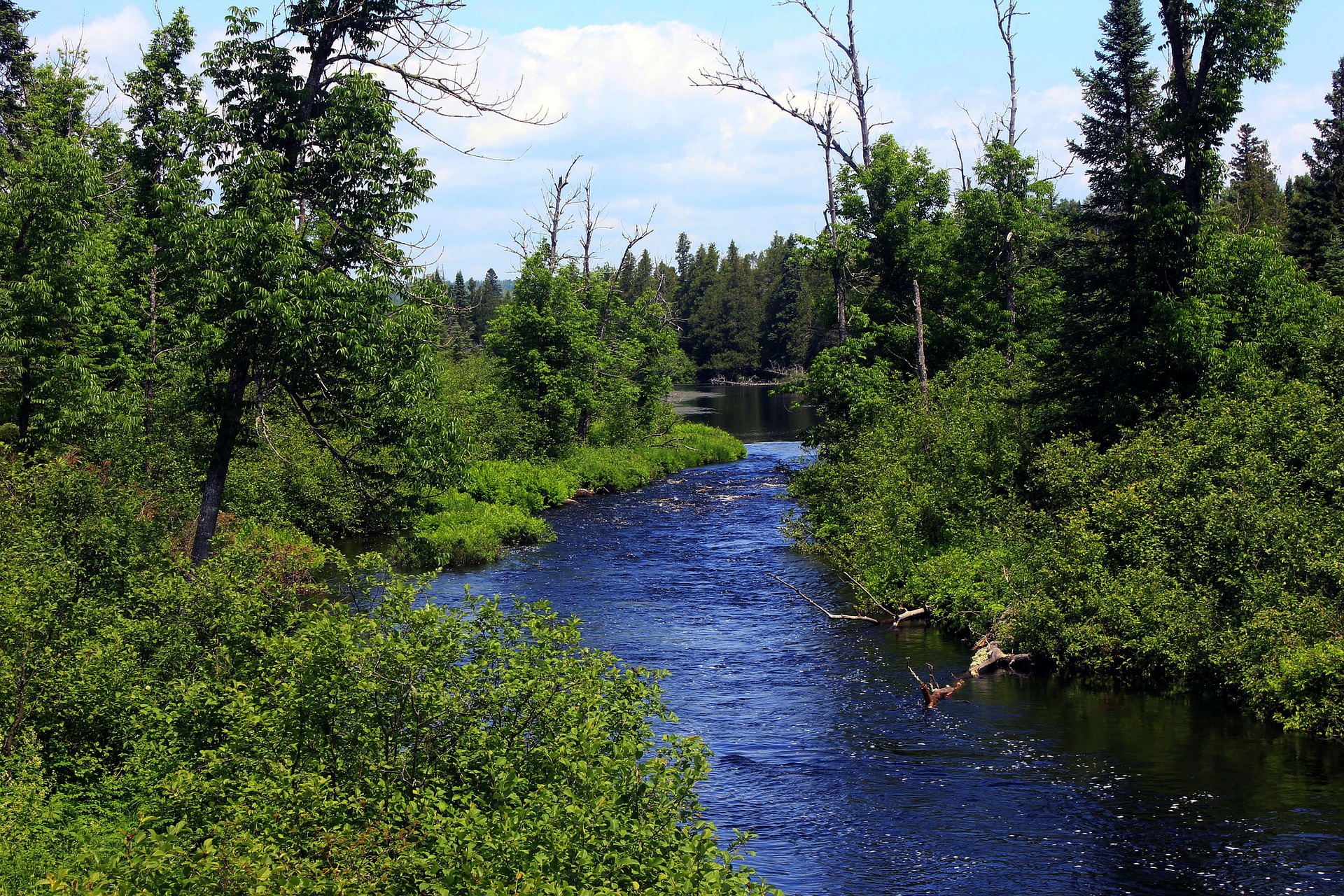Corporations Need Nature’s Regenerative Service
Author: Frank Hajek | Published: February 2, 2018
We heard the chainsaws first, like the buzz of a bee on amphetamines, interspersed with the crash of falling giants, then the toiling drone of bulldozers. We were approaching the edge of the Salvación-Boca Manu-Colorado road. Our Matsigenka guide, Feliciano, from Pankotsi Lodge in the nearby village of Shipetiari, led us expertly through the forest. Suddenly, we emerged onto the road clearing, precisely at the spot where a Caterpillar was digging up the roots of a recently felled tree.
The foreman at the road front was at first jovial and friendly, but when he noticed we were taking pictures, he began a speech about tourism and conservation not creating enough local jobs. He went on to say that the local district council had recently secured a large cacao project, which the road would support. I asked where he was from.
He replied he was from the Andean highlands of Puno, but that he had lived for 20 years in Madre de Dios and that he was a selvatico, a jungle man. We spoke for over an hour, and he showed us another Caterpillar that had broken down as a result of the grueling work. He was a nice guy. But in my mind the fact remained: He was helping to build a road, with illegal loggers hot on his tracks, already extracting precious woods from Manu National Park’s border, one of Peru’s last great wilderness areas.
So I decided to ask him directly: Did he not feel bad about all the forest they were felling?
His answer was also direct: “No. El bosque no me da trabajo.” No. The forest doesn’t give me a job.
And that is the problem: Many people do not perceive the value of wilderness areas, even though we receive life-sustaining services from them every day. These services include natural cycles that we take for granted such as climate regulation, water purification and maintaining biodiversity.
These services are, in theory, worth trillions of dollars to the world economy (PDF). But you cannot eat theory, and so we are losing millions of hectares of forests, countless animal and plant species, and many unique ecosystems every year, especially in the emerging economies of the developing world. The need for new tools and systems to make this loss and its value tangible to people long has been acknowledged, but successful models of how to do this are still thin on the ground.

